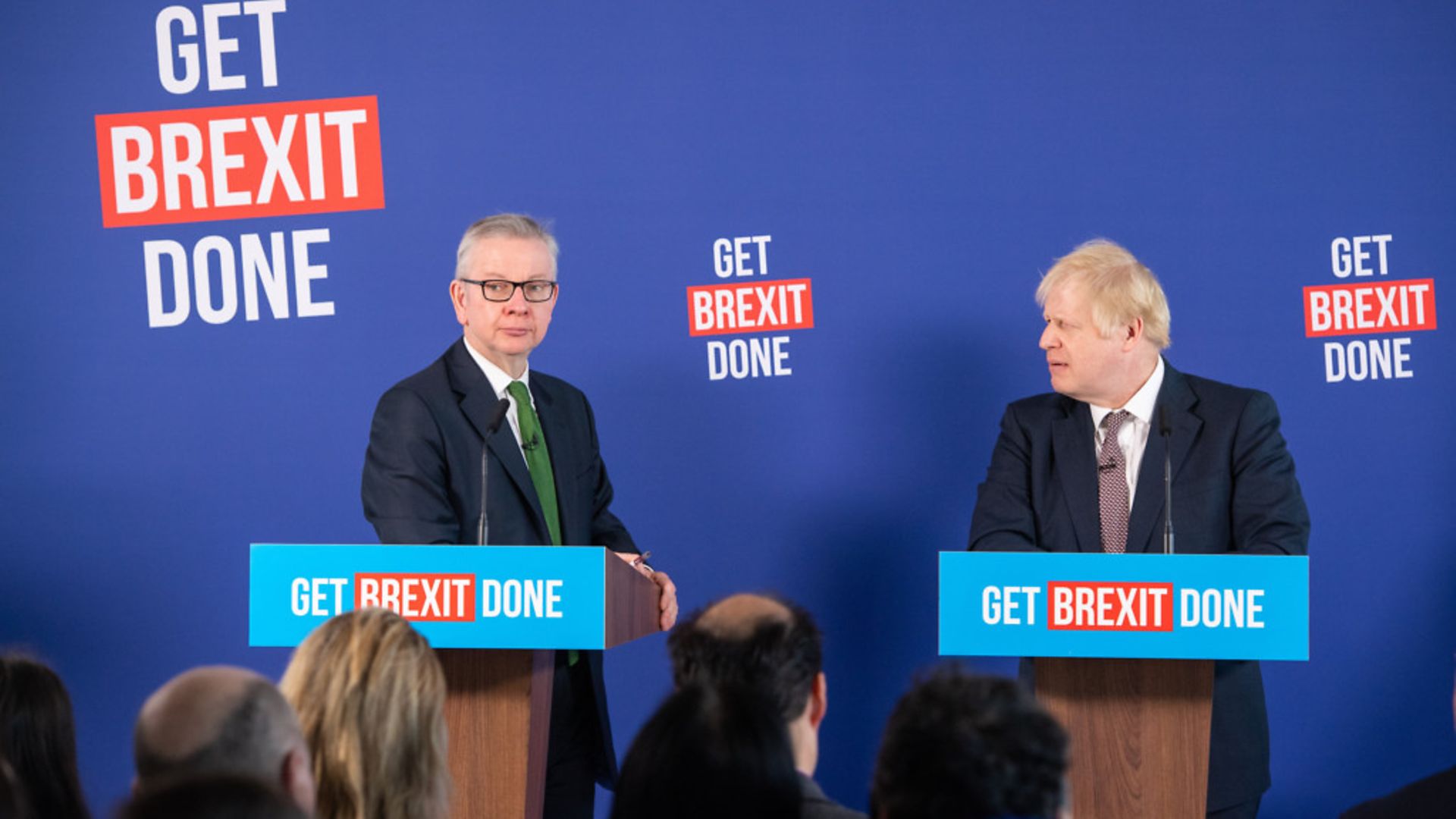
TIM WALKER on Downing Street’s rival camps.
Michael Gove may have put a brave face on Boris Johnson‘s decision to give his Brexit brief to Lord Frost, but I hear relations between the two old rivals are at their most strained since the 2016 Tory leadership contest.
“The flashpoint was the PM’s disastrous trip to Scotland last month that was supposed to help shore up the Union,” one Whitehall insider tells me. “Johnson got back incandescent with rage and suspecting a plot to make him look stupid. He wanted Luke Graham out as he had, as his special adviser on the Union, been instrumental in persuading him to go. Michael was Graham’s boss and close friend and so it was only a matter of time before he, too, paid a price.”
Johnson would have been aware that Graham had been an avid supporter of Gove in the 2019 Tory leadership contest and would do nothing without first consulting him as his departmental head in the Cabinet Office. Graham was replaced by Oliver Lewis, a Vote Leave stalwart, who adding to the general sense of chaos, swiftly quit amid allegations of disloyalty which he vigorously denied.
Gove is said to be taking on a less clearly defined role strengthening the ties between the countries of the United Kingdom as head of the obviously disunited ‘Union unit’. It’s speculated that Henry Newman – currently working for Johnson’s deputy chief of staff Baroness Finn, both also close to Gove – may end up replacing Lewis.
“There are so many rival camps in Downing Street that it’s hard to keep track,” adds my informant. Johnson has always been wary of Gove since the Tory leadership campaign that followed David Cameron‘s resignation. Gove withdrew his support for Johnson and, three hours before nominations closed, announced his own candidacy, stating that Johnson could not “provide the leadership or build the team for the task ahead”. They both then lost to Theresa May.
Wary warning
After chastising Boris Johnson for “obsessing about worst case scenarios” in relation to the coronavirus just before Christmas – when infections and deaths went on to hit their peak – the Daily Mail was again on the prime minister’s case last week.
“Mr Johnson should be wary of scientists, with one eye on their reputations, who clamour for the population to remain under indefinite house arrest,” the newspaper stated in a bizarre editorial.
Is it just possible that Lord Rothermere, the paper’s proprietor, has “one eye” on the profits of his business – heavily dependent on commuters heading into cities and reading his Metro titles, in addition to good turn-outs for its exhibitions business?
Taxing man
Few individuals can be setting the taxpayer back quite as much as Gavin Williamson‘s old mate Lord Wharton who is expected to chair the Independent Office for Students two days a week for £60,000 a year.
Mandrake hears that Wharton has claimed furlough for GBMW Ltd, the private firm he uses to channel his extra-parliamentary earnings. It’s not clear from the details released by HMRC how much has been claimed, but the company held £186,216 in capital and reserves on June 30 2019 – a £150,000 increase on the £36,103 it held in 2018, with two staff reported as being employed.
Wharton, who led Johnson’s successful 2019 campaign to replace Theresa May as Tory leader, has also set up buy-to-let property business called JRF Housing which has acquired a £65,000 flat in Seascale, in Cumbria, plus a house in Stockton-on-Tees for £83,000.
Touch of Frost
Hopes were not exactly high for Andrew Marr‘s interview with Matt Hancock, but, in fairness to the journalist, he did ask important questions about the High Court’s ruling that the health secretary had acted unlawfully in relation to delays over the publication of details about contracts awarded during the pandemic.
When Marr took over from the late Sir David Frost, he praised his illustrious predecessor for not asking “soft” questions, an allegation now often levelled against him. I interviewed Frostie several times and I recall him saying how the public – if not management – appreciate fearless questioning. “And if the public appreciates you enough, it’s bloody difficult for management to get rid of you,” the great survivor added with a sly grin.
What do you think? Have your say on this and more by emailing letters@theneweuropean.co.uk
Warning: Illegal string offset 'link_id' in /mnt/storage/stage/www/wp-includes/bookmark.php on line 357
Notice: Trying to get property 'link_id' of non-object in /mnt/storage/stage/www/wp-includes/bookmark.php on line 37







